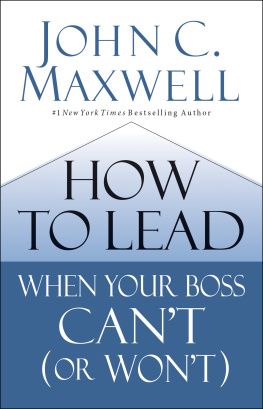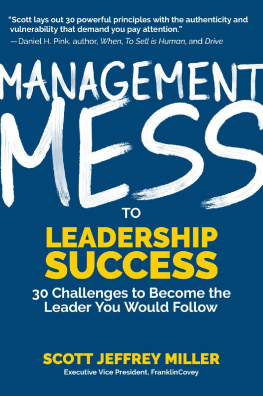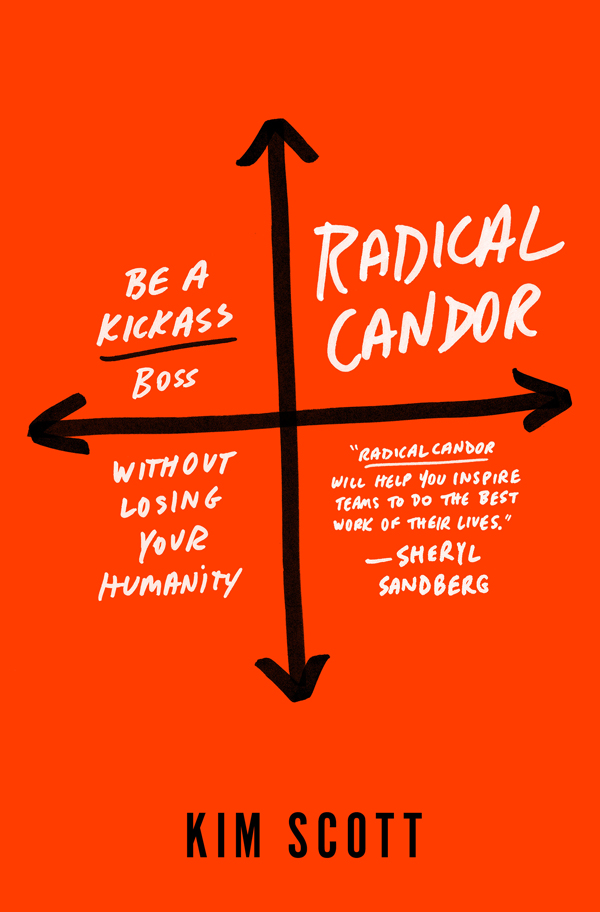Kim Scott - Radical Candor: Be a Kick-Ass Boss Without Losing Your Humanity
Here you can read online Kim Scott - Radical Candor: Be a Kick-Ass Boss Without Losing Your Humanity full text of the book (entire story) in english for free. Download pdf and epub, get meaning, cover and reviews about this ebook. year: 2017, publisher: St. Martin’s Press, genre: Politics. Description of the work, (preface) as well as reviews are available. Best literature library LitArk.com created for fans of good reading and offers a wide selection of genres:
Romance novel
Science fiction
Adventure
Detective
Science
History
Home and family
Prose
Art
Politics
Computer
Non-fiction
Religion
Business
Children
Humor
Choose a favorite category and find really read worthwhile books. Enjoy immersion in the world of imagination, feel the emotions of the characters or learn something new for yourself, make an fascinating discovery.

Radical Candor: Be a Kick-Ass Boss Without Losing Your Humanity: summary, description and annotation
We offer to read an annotation, description, summary or preface (depends on what the author of the book "Radical Candor: Be a Kick-Ass Boss Without Losing Your Humanity" wrote himself). If you haven't found the necessary information about the book — write in the comments, we will try to find it.
Now a New York Times and Wall Street Journal bestseller
I raced through Radical Candor--Its thrilling to learn a framework that shows how to be both a better boss and a better colleague. Radical Candor is packed with illuminating truths, insightful advice, and practical suggestions, all illustrated with engaging (and often funny) stories from Kim Scotts own experiences at places like Apple, Google, and various start-ups. Indispensable. Gretchen Rubin author of New York Times bestseller The Happiness Project
Reading Radical Candor will help you build, lead, and inspire teams to do the best work of their lives. Kim Scotts insights--based on her experience, keen observational intelligence and analysis--will help you be a better leader and create a more effective organization. Sheryl Sandberg author of the New York Times bestseller Lean In
Kim Scott has a well-earned reputation as a kick-ass boss and a voice that CEOs take seriously. In this remarkable book, she draws on her extensive experience to provide clear and honest guidance on the fundamentals of leading others: how to give (and receive) feedback, how to make smart decisions, how to keep moving forward, and much more. If you manage people--whether it be 1 person or a 1,000--you need Radical Candor. Now. Daniel Pink author of New York Times bestseller Drive
From the time we learn to speak, were told that if you dont have anything nice to say, dont say anything at all. When you become a manager, its your job to say it--and your obligation.
Author Kim Scott was an executive at Google and then at Apple, where she worked with a team to develop a class on how to be a good boss. She has earned growing fame in recent years with her vital new approach to effective management, Radical Candor.
Radical Candor is a simple idea: to be a good boss, you have to Care Personally at the same time that you Challenge Directly. When you challenge without caring its obnoxious aggression; when you care without challenging its ruinous empathy. When you do neither its manipulative insincerity.
This simple framework can help you build better relationships at work, and fulfill your three key responsibilities as a leader: creating a culture of feedback (praise and criticism), building a cohesive team, and achieving results youre all proud of.
Radical Candor offers a guide to those bewildered or exhausted by management, written for bosses and those who manage bosses. Taken from years of the authors experience, and distilled clearly giving actionable lessons to the reader; it shows managers how to be successful while retaining their humanity, finding meaning in their job, and creating an environment where people both love their work and their colleagues.
Kim Scott: author's other books
Who wrote Radical Candor: Be a Kick-Ass Boss Without Losing Your Humanity? Find out the surname, the name of the author of the book and a list of all author's works by series.







